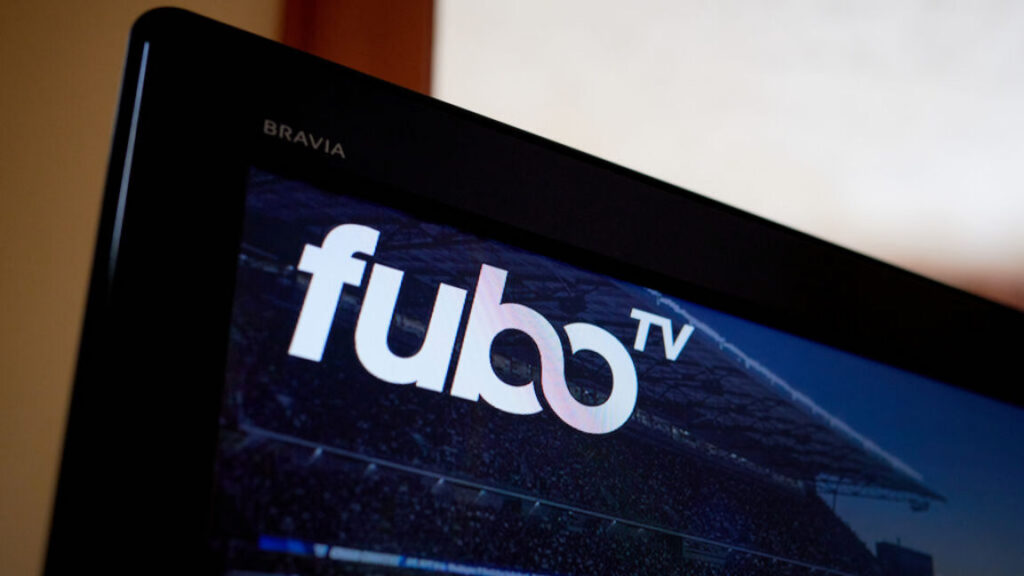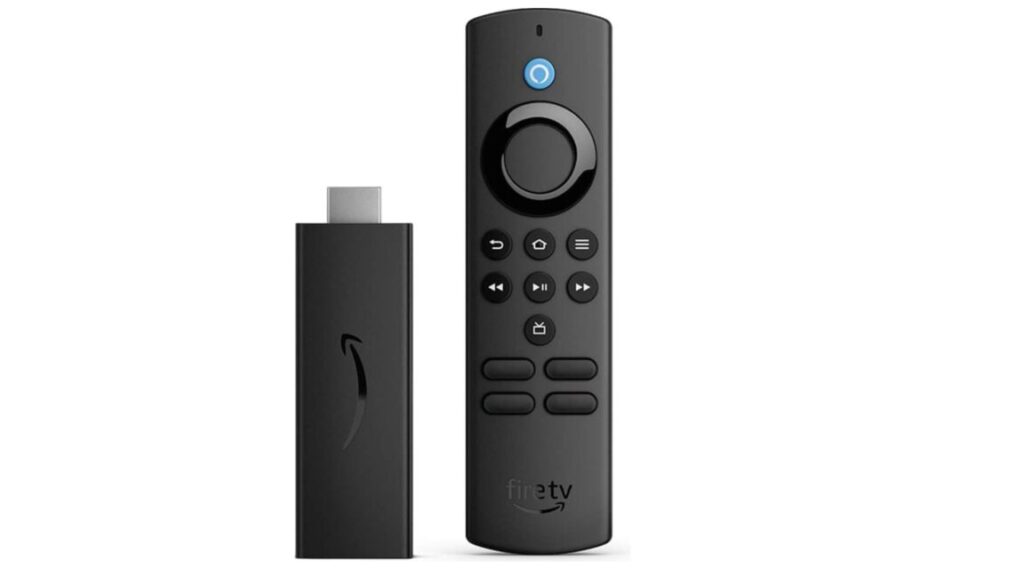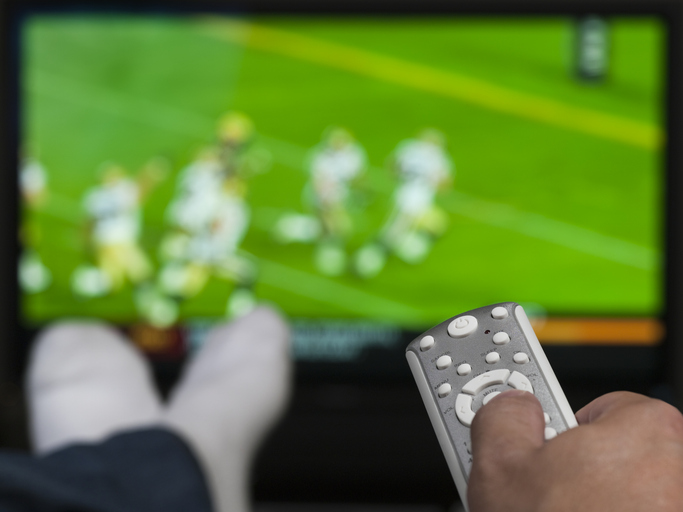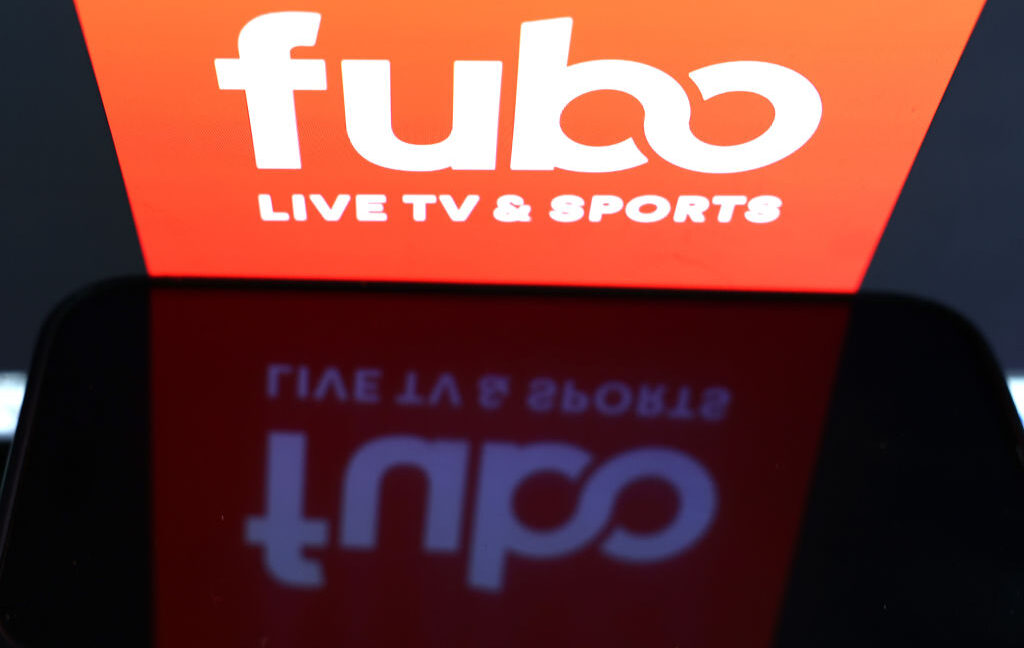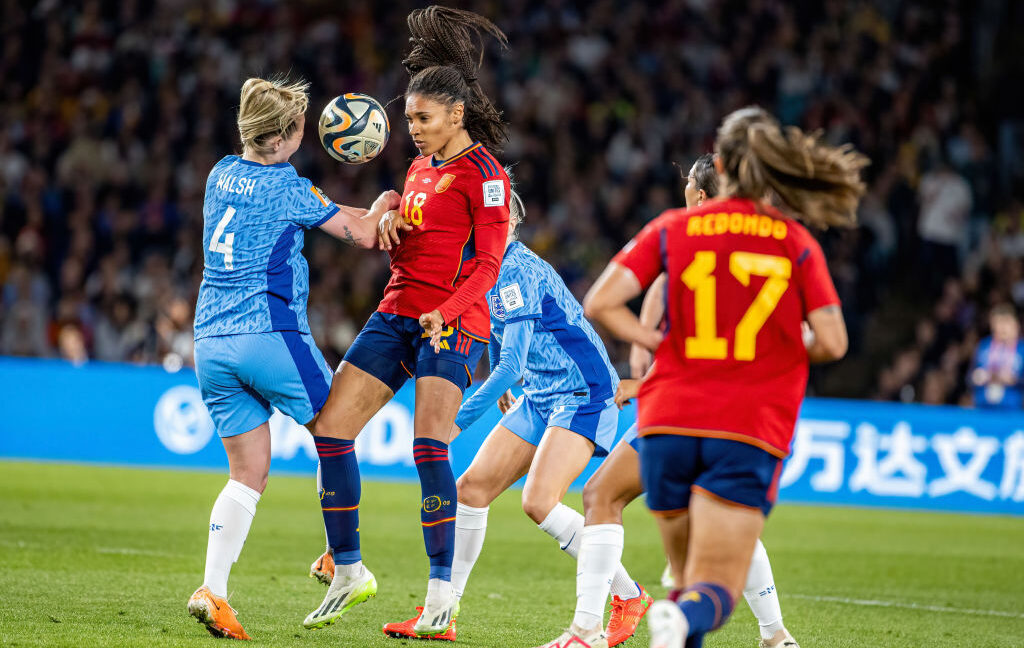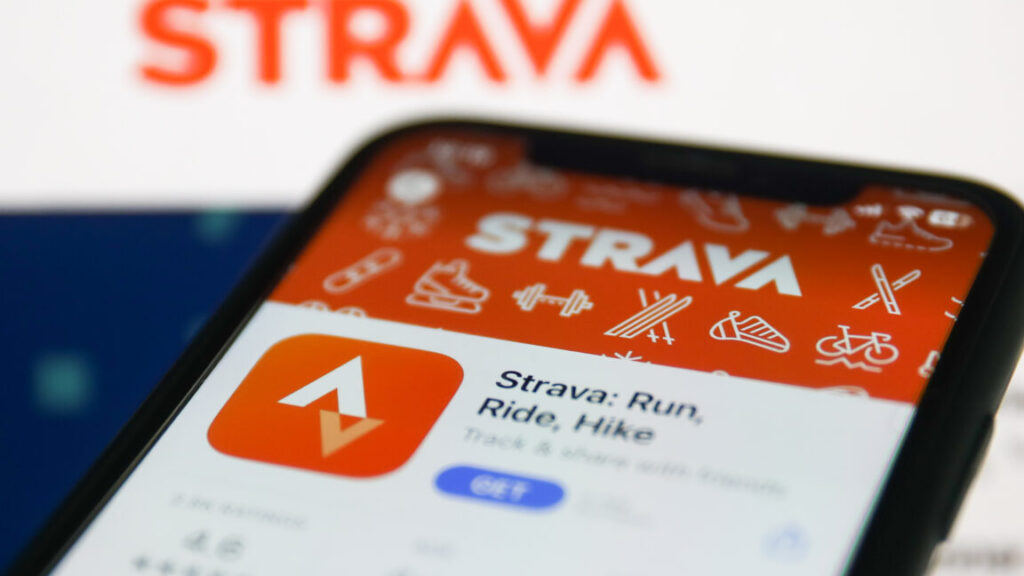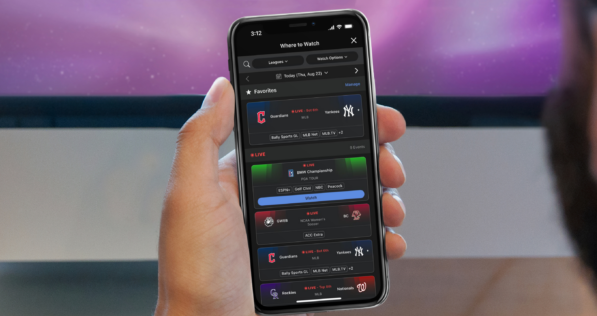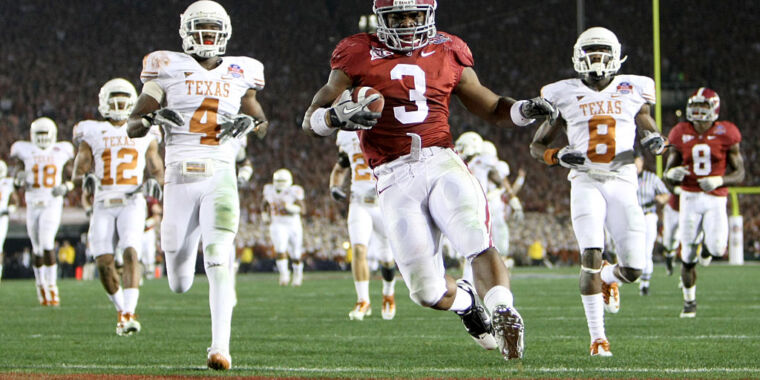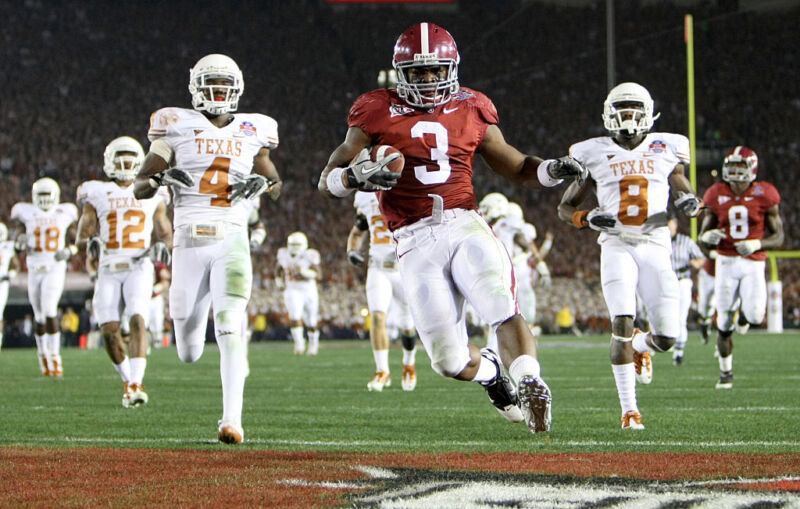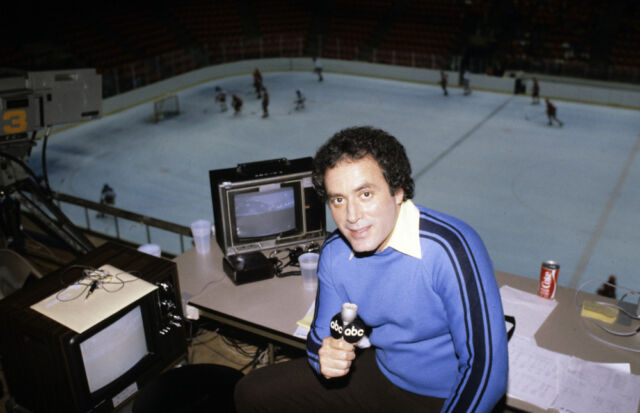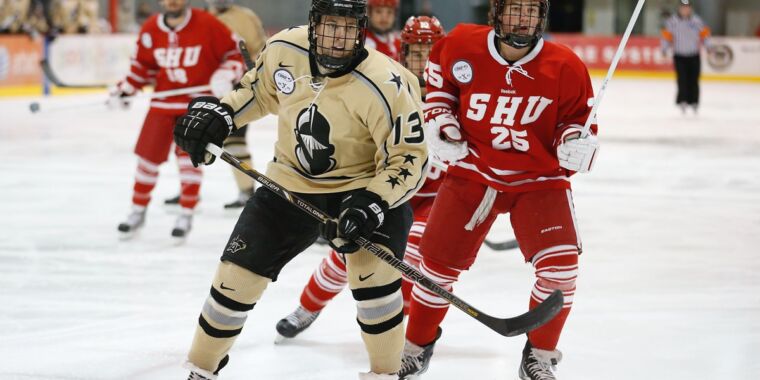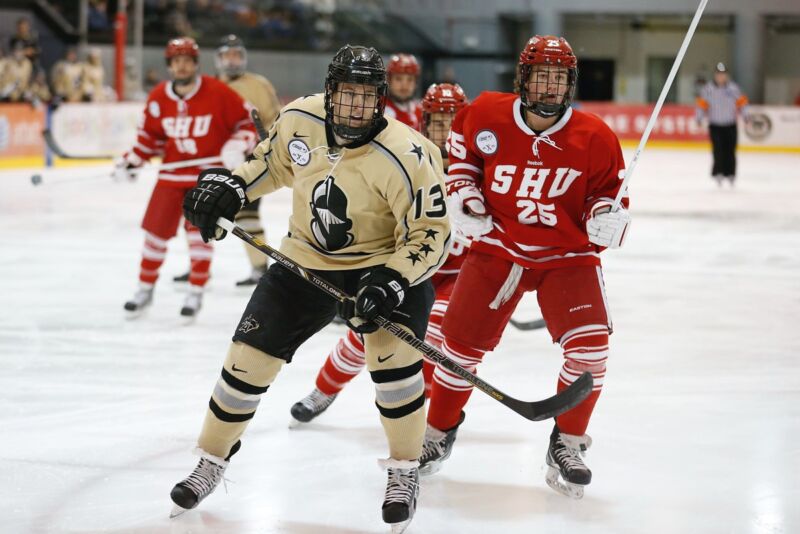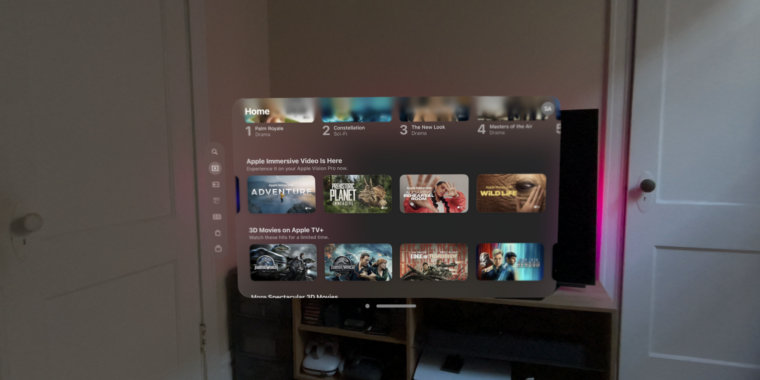Streaming service makes rare decision to lower its monthly fees
Somewhere, a pig is catching some sweet air.
In a rare move for a streaming service, Fubo announced today that it’s lowering the prices for some of its subscription plans.
Fubo is a sports-focused vMVPD (virtual multichannel video programming distributor, or a company that enables people to watch traditional TV channels live over the Internet). Disney closed its acquisition of Fubo in October.
Today, Fubo announced that monthly prices for some of its “Live TV” subscription plans, which include hundreds of channels, including non-sports ones like FX and The Disney Channel, will be up to 14.8 percent cheaper. The new pricing starts with “bill cycle dates on or after January 1, 2026,” Fubo said.
Here are the new prices:
- Essential: $74 per month (previously $85/month)
- Pro: $75/month (previously $85/month)
- Elite: $84/month (previously $95/month)
When streaming services make announcements about price, it almost always means higher costs for subscribers.
However, some subscribers likely feel that the price cut is a necessity and not a perk, since Fubo has not had NBCUniversal channels since November 21. The blacked-out channels include local NBC affiliates, Telemundo, nine regional sports channels (Fubo noted that subscribers may also pay lesser fees after the January billing cycles if any regional sports networks they previously received are no longer available on Fubo), and 32 channels, including Bravo, CNBC, MSNBC, and USA Network. Fubo previously announced that it would give subscribers a $15 credit due to the blackout.
A Fubo spokesperson told Ars Technica that the new prices “reflect NBCU pulling their networks from Fubo.”
Fubo’s representative said they couldn’t comment on whether the new prices would stick if Fubo gets NBCUniversal channels back because that’s “speculative.”
Fubo’s NBCUniversal blackout
In a statement on November 25, Fubo claimed that NBCUniversal is trying to overcharge Fubo for the channels that will live under Versant, a company to be created from the spinoff of NBCUniversal’s cable channels and other digital properties, which is supposed to debut in January.
“Despite them not being worth the cost to Fubo subscribers, Fubo offered to distribute Versant channels for one year,” Fubo said. “NBCU wants Fubo to sign a multi-year deal—well past the time the Versant channels will be owned by a separate company. NBCU wants Fubo subscribers to subsidize these channels.”
Streaming service makes rare decision to lower its monthly fees Read More »
